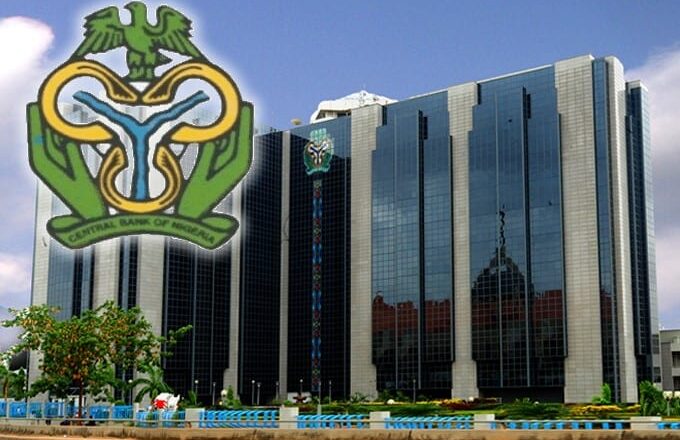In a pivotal move aimed at bolstering the efficiency of Nigeria’s Foreign Exchange Market, the Central Bank of Nigeria (CBN) has unveiled a comprehensive set of operational reforms for the Bureau De Change (BDC) segment. The announcement, made on August 17, 2023, signifies a significant shift in policy and outlines measures designed to streamline and elevate BDC operations.
Under the new framework, one of the central reforms revolves around the spread on buying and selling by BDC operators. This spread is now mandated to fall within a permissible range of -2.5% to +2.5% of the Nigerian Foreign Exchange market window’s weighted average rate from the previous day. This bold move is anticipated to inject greater stability and transparency into exchange rate fluctuations, ultimately benefiting both BDC operators and the wider public.
Another substantial alteration involves the mandatory submission of periodic financial reports by BDC operators. These reports, spanning daily, weekly, monthly, quarterly, and yearly renditions, must be channeled through the revamped Financial Institution Forex Rendition System (FIFX). FIFX has been tailored to cater to the specific requirements of each operator, reinforcing oversight and ensuring that the BDC sector operates with a heightened sense of accountability.
The circular further underscores that any failure to submit accurate returns within the stipulated timeframe will carry sanctions, potentially leading to the withdrawal of operating licenses. Notably, even in cases where BDC operators have had no transactions during a given period, they are required to submit nil returns. This stringent requirement seeks to foster a culture of compliance and meticulous record-keeping within the sector.
The Central Bank of Nigeria has called upon all BDC operators and the general public to acquaint themselves with these new guidelines and adhere to them with precision. Through the implementation of these measures, the central bank envisions a more resilient and well-regulated BDC segment that aligns harmoniously with broader efforts to enhance Nigeria’s foreign exchange market efficiency.
Of paramount significance, this move signifies the re-entry of BDCs into Nigeria’s foreign exchange market. It marks a departure from previous policies, including those enacted during the tenure of former CBN Governor Godwin Emefiele, which had temporarily excluded BDC operators from active participation in the market. The new policy signals a determined effort by the central bank to reengage BDC operators and reintegrate them into the intricate landscape of the foreign exchange market, promising an era of renewed collaboration and transparency.
- Tags: BDC, CBN, Foreign Exchange, Nigeria





